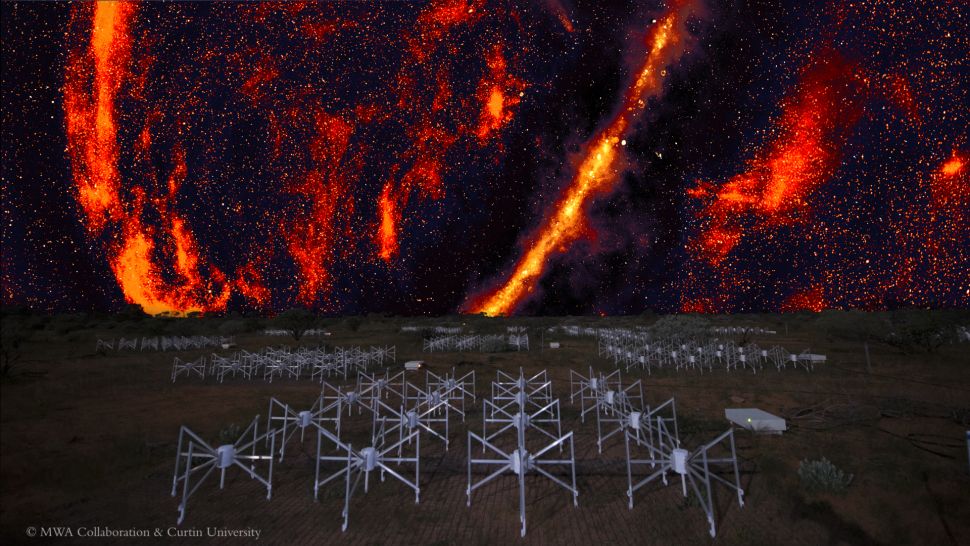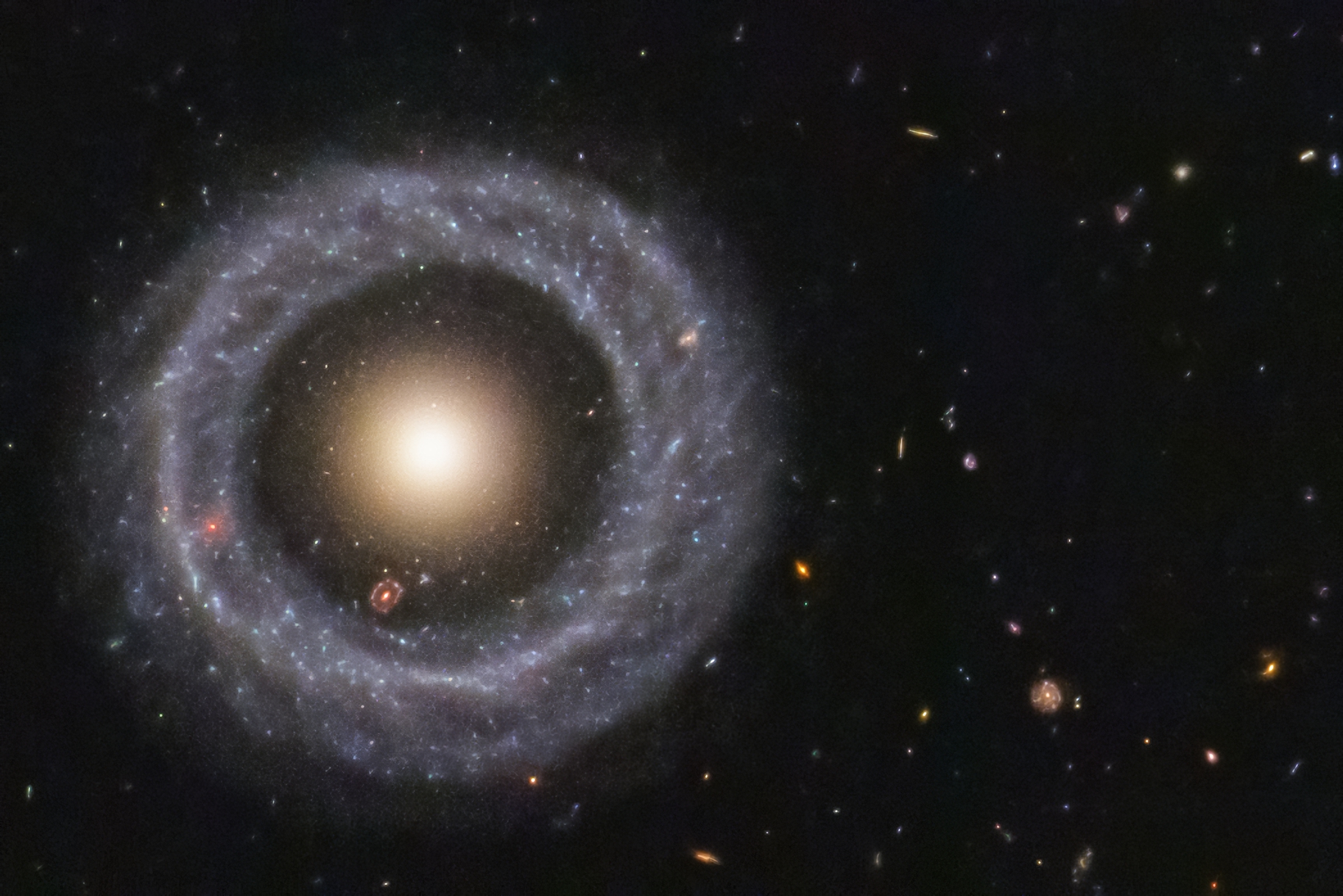
Brandon Specktor
Brandon has been a senior writer at Live Science since 2017, and was formerly a staff writer and editor at Reader's Digest magazine. His writing has appeared in The Washington Post, CBS.com, the Richard Dawkins Foundation website and other outlets. He holds a bachelor's degree in creative writing from the University of Arizona, with minors in journalism and media arts. He enjoys writing most about space, geoscience and the mysteries of the universe.
Latest articles by Brandon Specktor

Incredible time-lapse video shows 10 years of the sun's history in 6 minutes
By Brandon Specktor last updated
NASA combined 10 years of solar observations into a single, gorgeous time-lapse video.

The monstrous 'blobs' near Earth's core may be even bigger than we thought
By Brandon Specktor published
Using thousands of seismic wave recordings, researchers mapped the mysterious 'blobs' deep below the Pacific Ocean and found they are even bigger than imagined.

Mysterious 'Fermi Bubbles' may be the result of black hole indigestion 6 million years ago
By Brandon Specktor published
Twin shock waves produced by the galaxy's central black hole could have inflated the gargantuan Fermi Bubbles about 6 million years ago, a new study suggests.
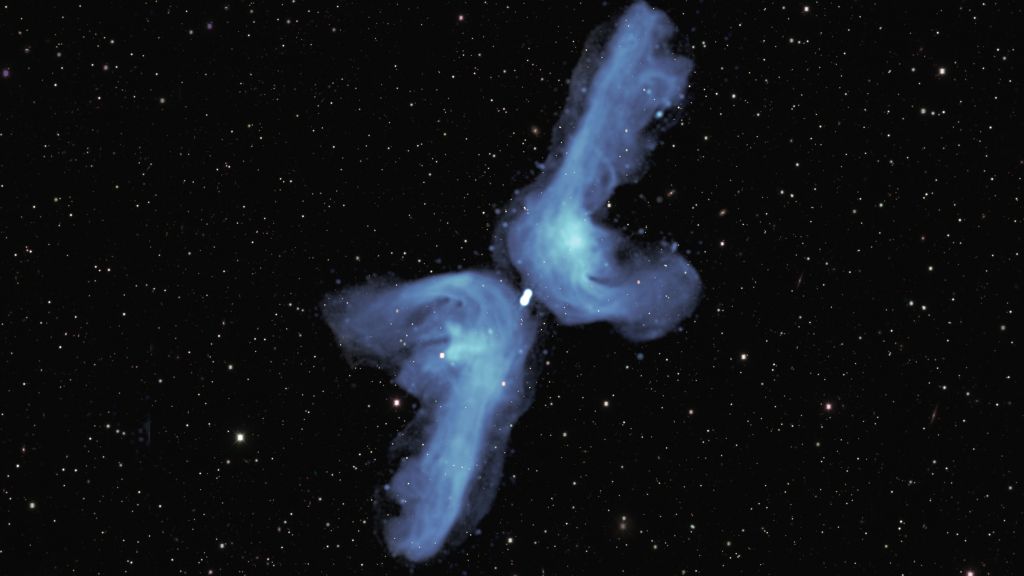
The sky is full of weird X-shaped galaxies. Here's why.
By Brandon Specktor published
Researchers figured out why this galaxy looks like an enormous X in invisible radio light.
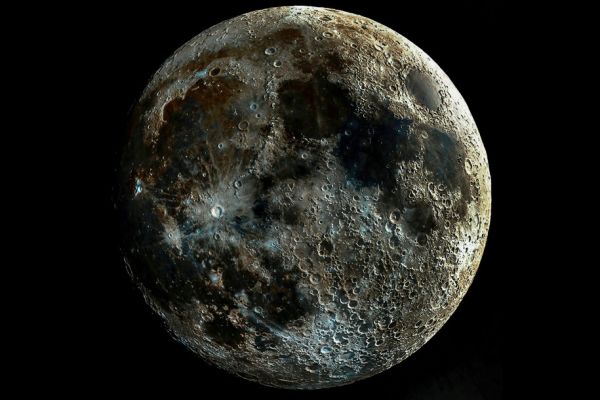
New image captures 'impossible' view of the moon's surface
By Brandon Specktor last updated
Photographer Andrew McCarthy photographed the demarcation between the moon's light and dark sides for two weeks to create this unbelievably crisp image of our satellite's Earth-side craters.
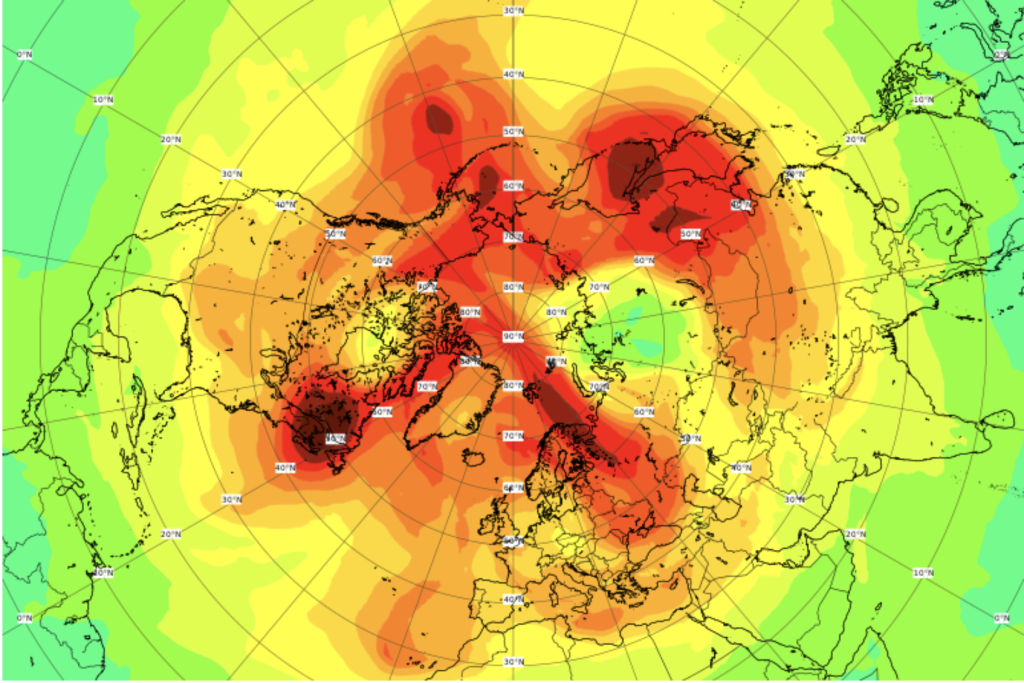
North Pole's largest-ever ozone hole finally closes
By Brandon Specktor published
An unusually strong polar vortex kept an ozone hole open over the North Pole for nearly a month — now, it's finally shut again.
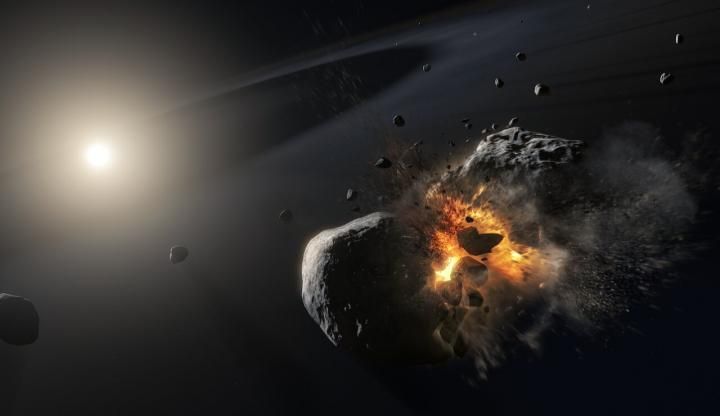
Mysterious 'disappearing' exoplanet was just a big cloud of asteroid trash, study suggests
By Brandon Specktor published
The alleged exoplanet Fomalhaut b was discovered in 2004 and disappeared in 2014. Astronomers now say it was never a planet to begin with.
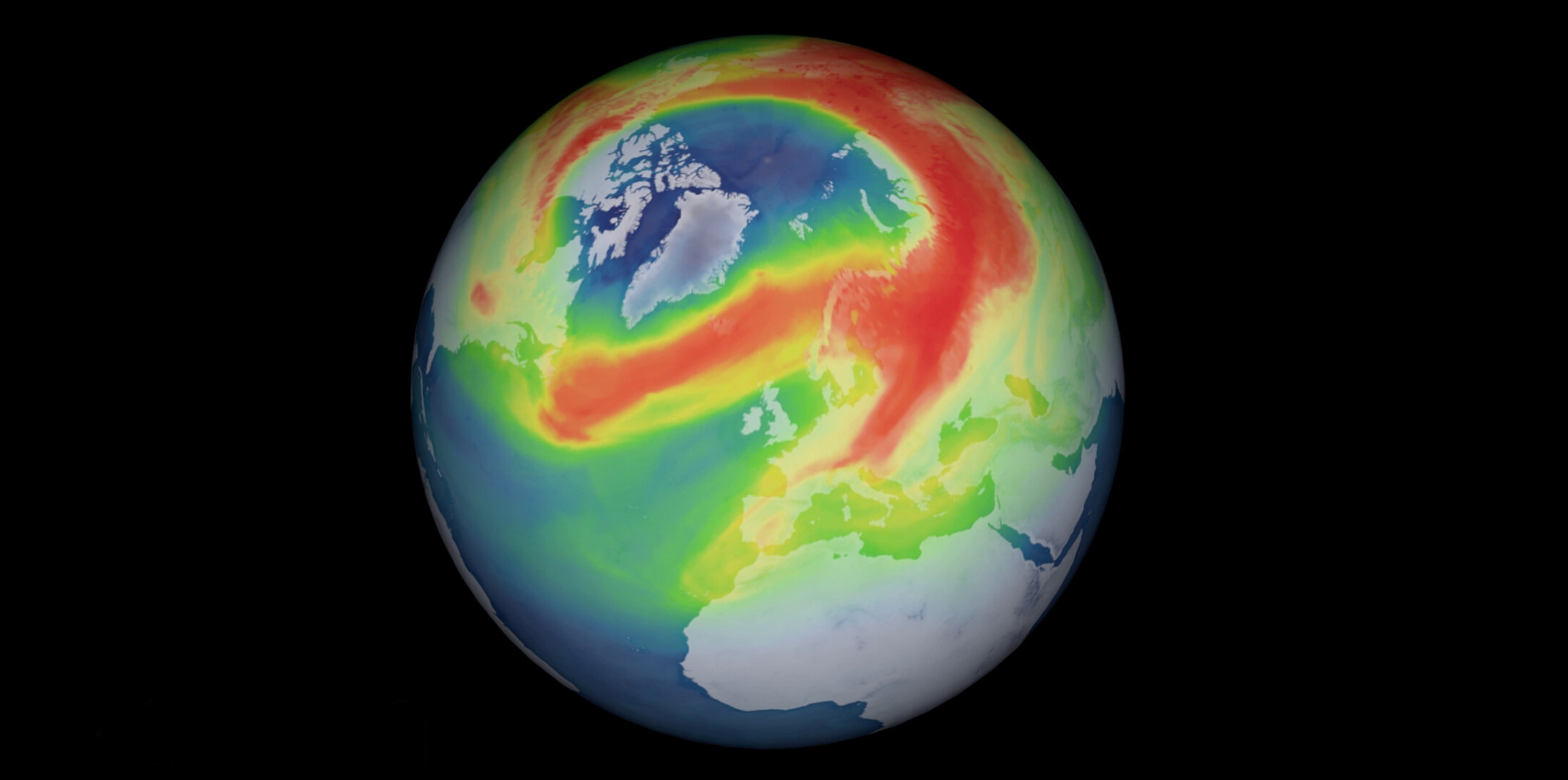
Ozone hole three times the size of Greenland opens over the North Pole
By Brandon Specktor published
A record-size hole in the ozone layer has been detected over the North Pole, but it should disappear in a few weeks.
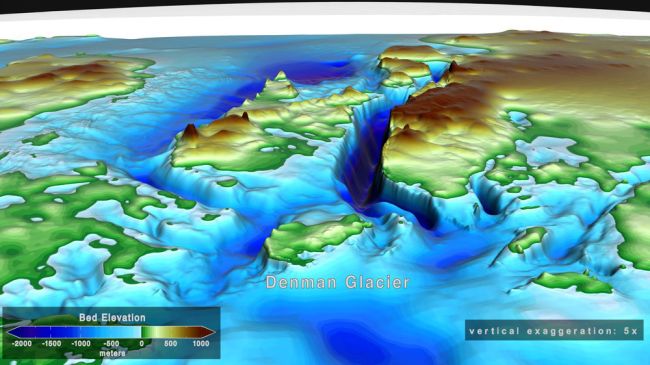
Antarctica's Denman Glacier is sinking into the world's deepest canyon
By Brandon Specktor published
Antarctica's Denman Glacier is falling into the world's largest land canyon.
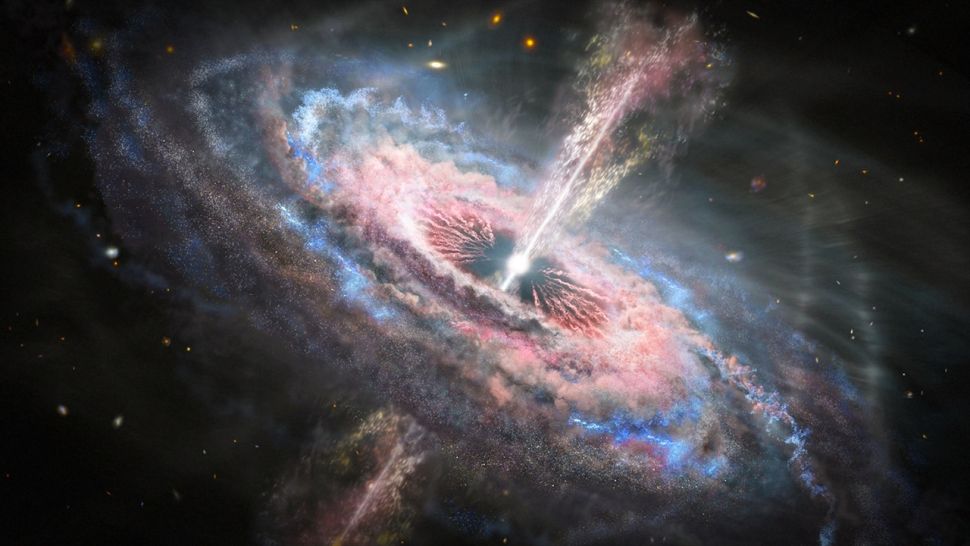
Distant 'quasar tsunamis' are ripping their own galaxies apart
By Brandon Specktor published
In six studies published March 16 in a special edition of The Astrophysical Journal supplemental series, astronomers used NASA's Hubble Space Telescope to spy on 13 quasar outflows.
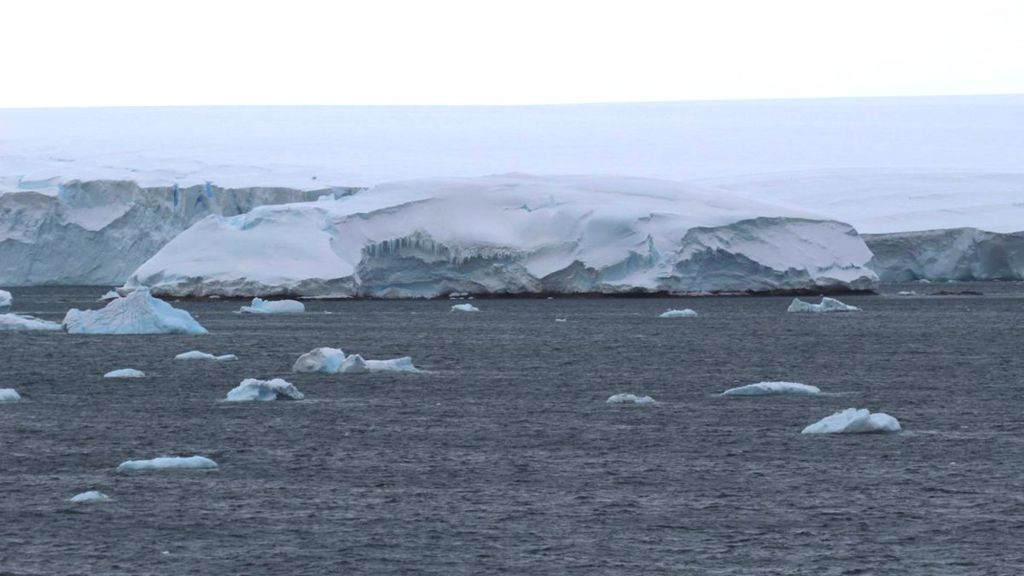
Melting ice in Antarctica reveals new uncharted island
By Brandon Specktor published
Researchers discovered an uncharted island beneath melting Antarctic ice. Its rocky underbelly could hold clues to the continent's response to climate change.
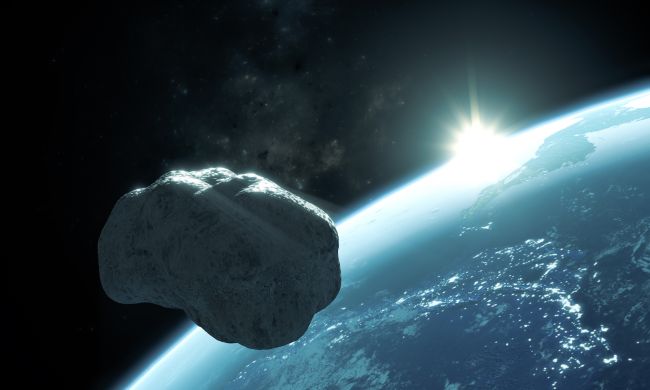
Possible new 'minimoon' discovered orbiting Earth
By Brandon Specktor published
Astronomers discovered a 'minimoon' that's been orbiting Earth for about three years, and may soon leave our planet's orbit.
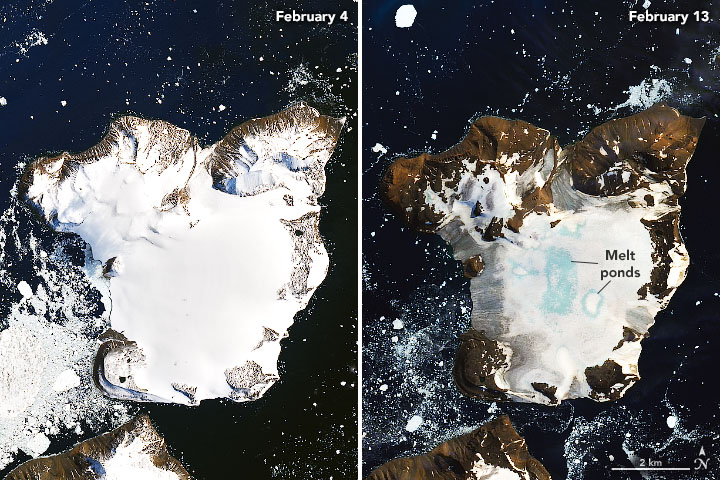
See record-high temperatures strip Antarctica of huge amounts of ice
By Brandon Specktor published
Antarctica saw two record-high temperatures set between Feb. 6 and Feb.9, and that took a huge toll on the continent's ice, as seen in NASA images.
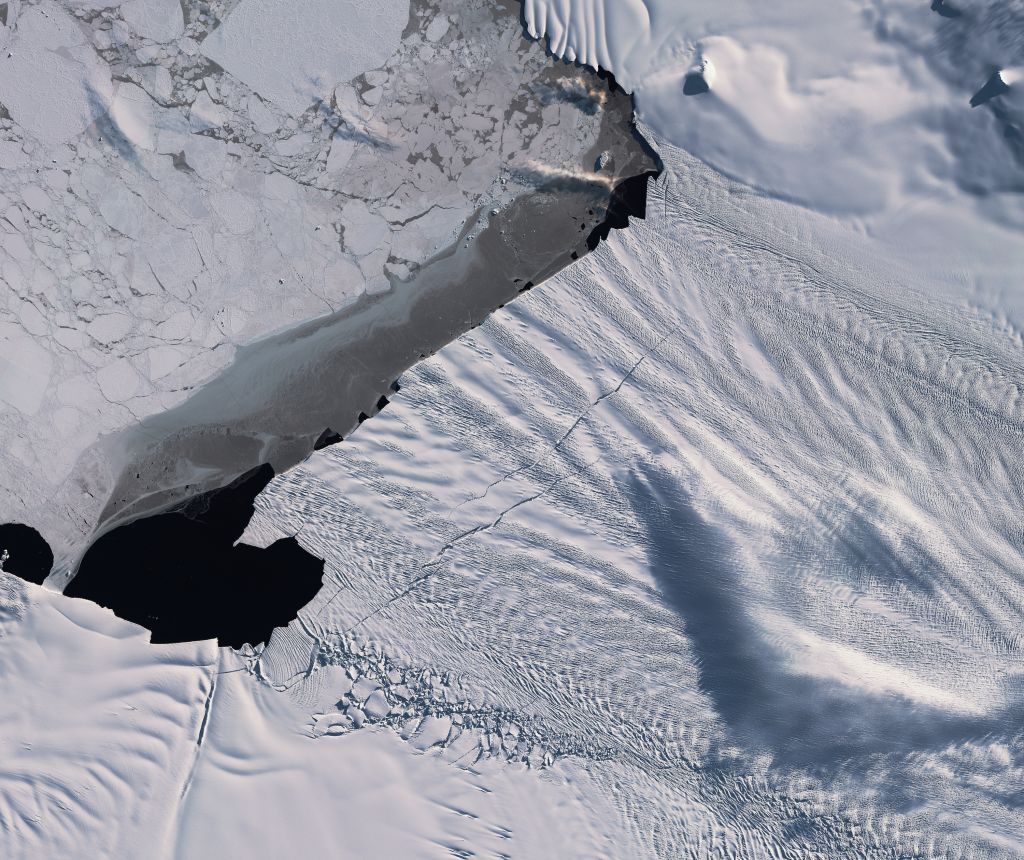
One of Antarctica's fastest-shrinking glaciers just lost an iceberg twice the size of Washington, D.C.
By Brandon Specktor published
A huge chunk of ice twice the size of Washington, D.C., just broke off of Antarctica's Pine Island glacier, continuing a troubling trend that could signify glacial collapse.
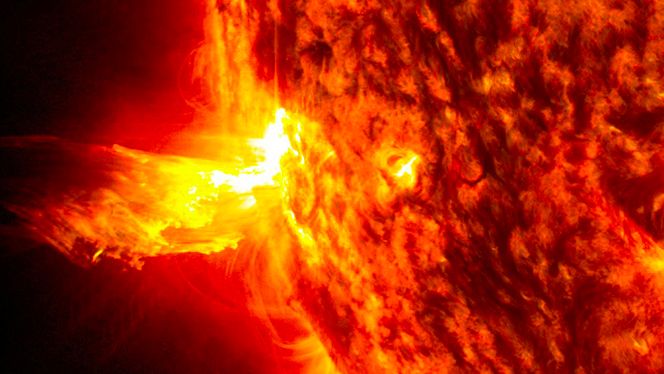
Devastating solar storms could be far more common than we thought
By Brandon Specktor published
Solar super-storms capable of damaging electric grids and satellite networks may be much more common than previously thought, a study of Earth's oldest geomagnetic index suggests.
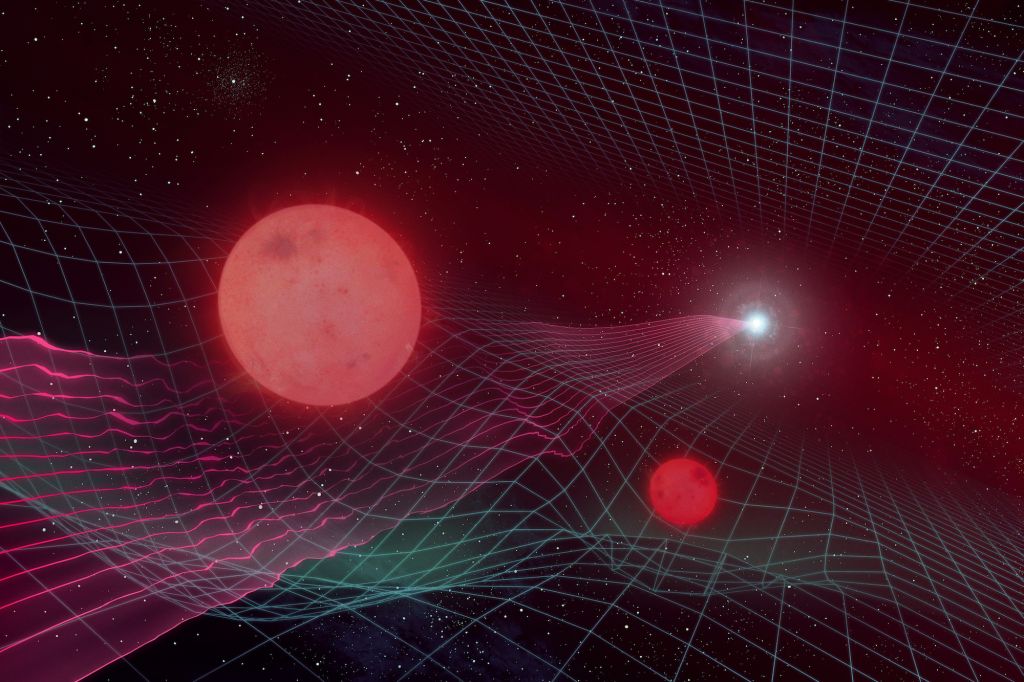
Two invisible stars are bending space-time deep in the Milky Way
By Brandon Specktor published
Astronomers uncovered a pair of invisible stars creating ripples in space-time, a phenomenon known as gravitational lensing.
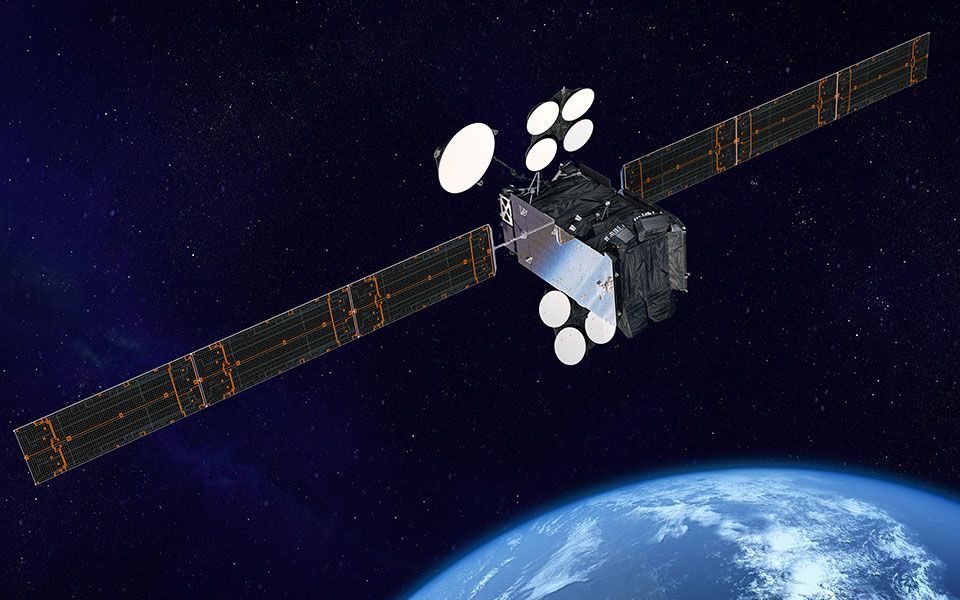
A TV satellite is about to explode following 'irreversible' battery damage
By Brandon Specktor published
A Boeing satellite is being hastily moved into "graveyard orbit" following a devastating "anomaly" that turned its batteries into bombs.
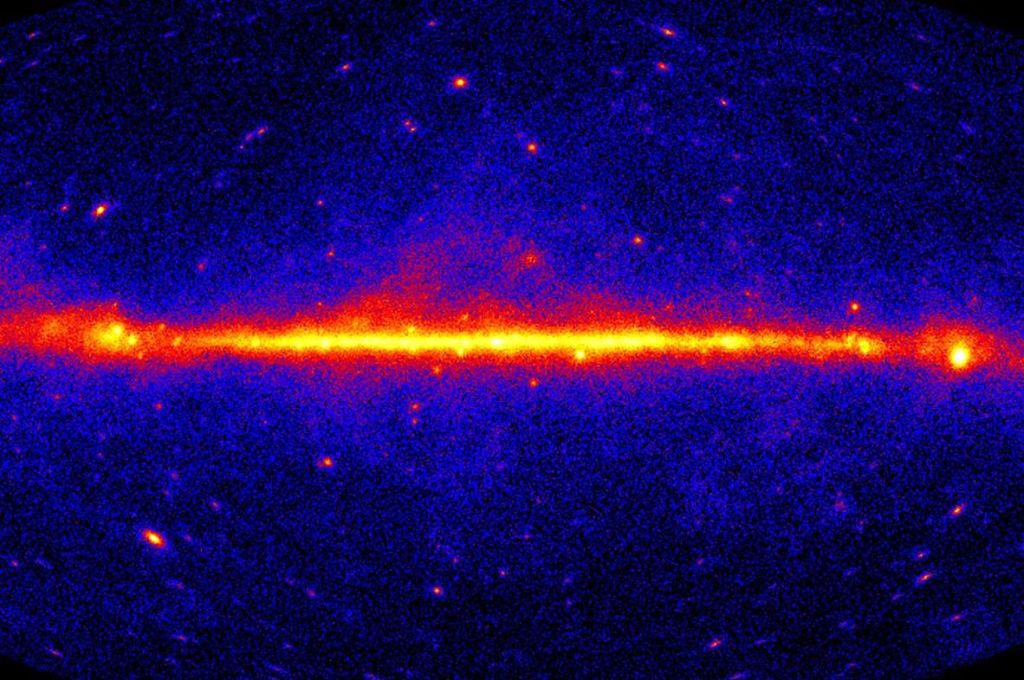
Self-destructing dark matter may be flooding the sky with gamma-rays, study suggests
By Brandon Specktor published
There's a faint gamma-ray background in the universe, and scientists now think it could be caused by dark matter.
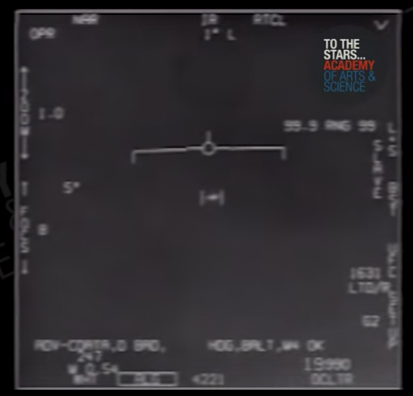
Top-secret UFO files could 'gravely damage' US national security if released, Navy says
By Brandon Specktor published
The US Navy confirmed they have secret, classified documents regarding a 2004 UFO encounter, but releasing them could 'gravely damage' national security.

Galaxy group 13 billion light-years away could be ending the cosmic 'Dark Ages' before our eyes
By Brandon Specktor published
Three galaxies 13 billion light-years may be ending the cosmic 'dark ages' before our eyes.
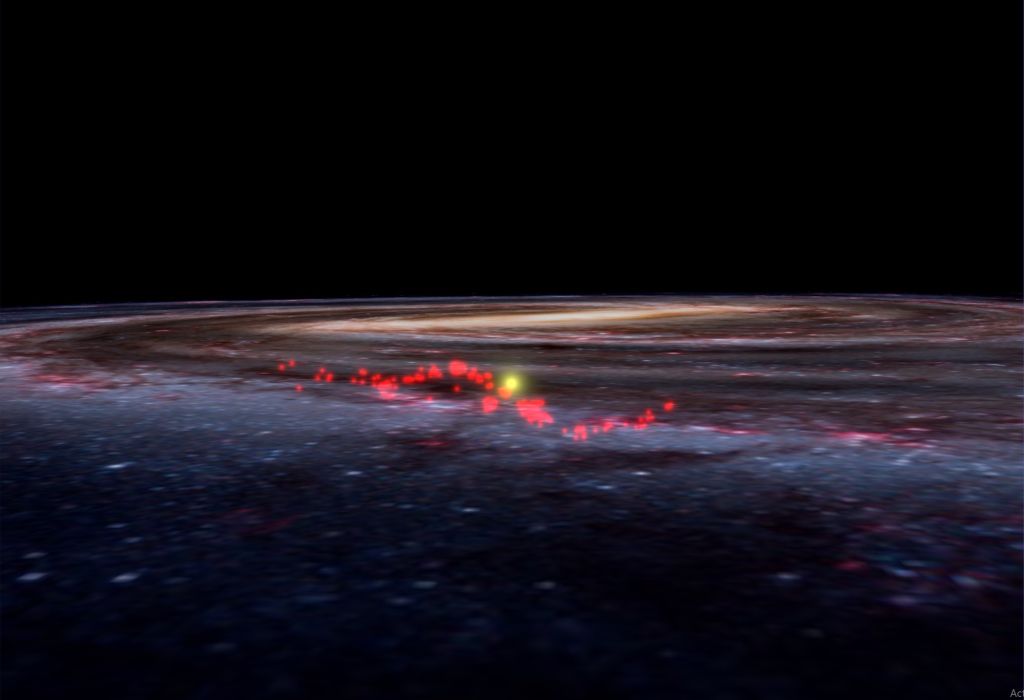
Mysterious 'Wave' of Star-Forming Gas May Be the Largest Structure in the Galaxy
By Brandon Specktor published
A newly discovered suburb of baby-booming stars, known as the Radcliffe Wave, may be the largest structure in the Milky Way.
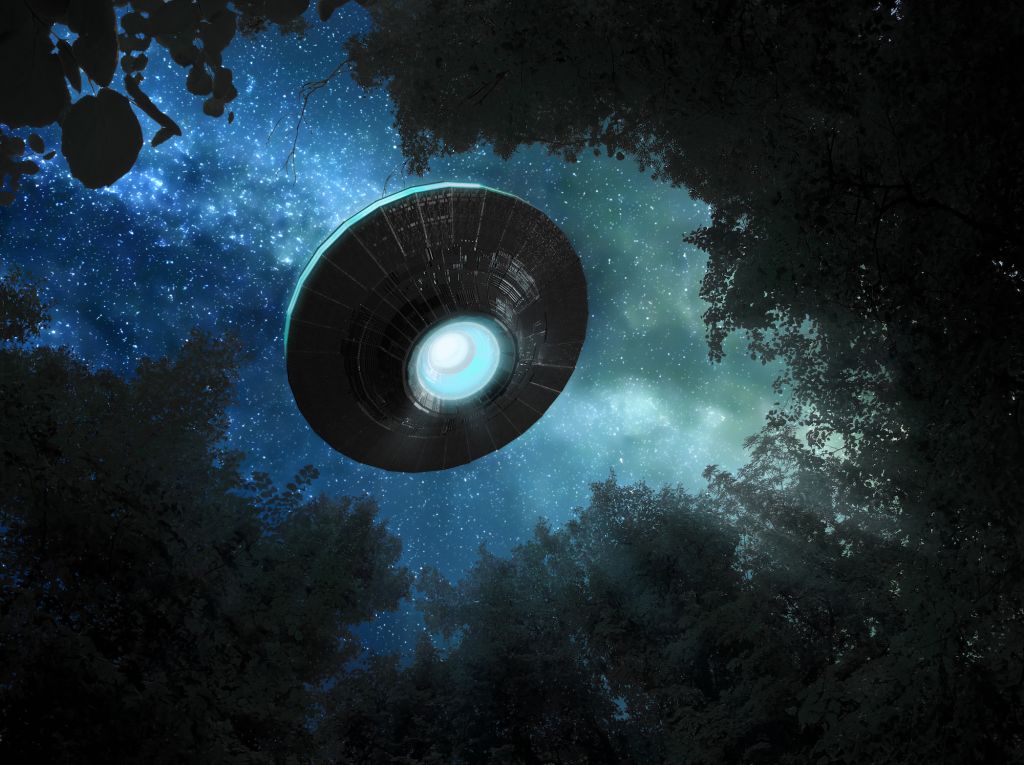
Thousands of Government UFO Reports Now Available at Canadian University
By Brandon Specktor published
A private UFO enthusiast has donated his collection of 30,000 documents to the University of Manitoba in Canada. The truth is in there.
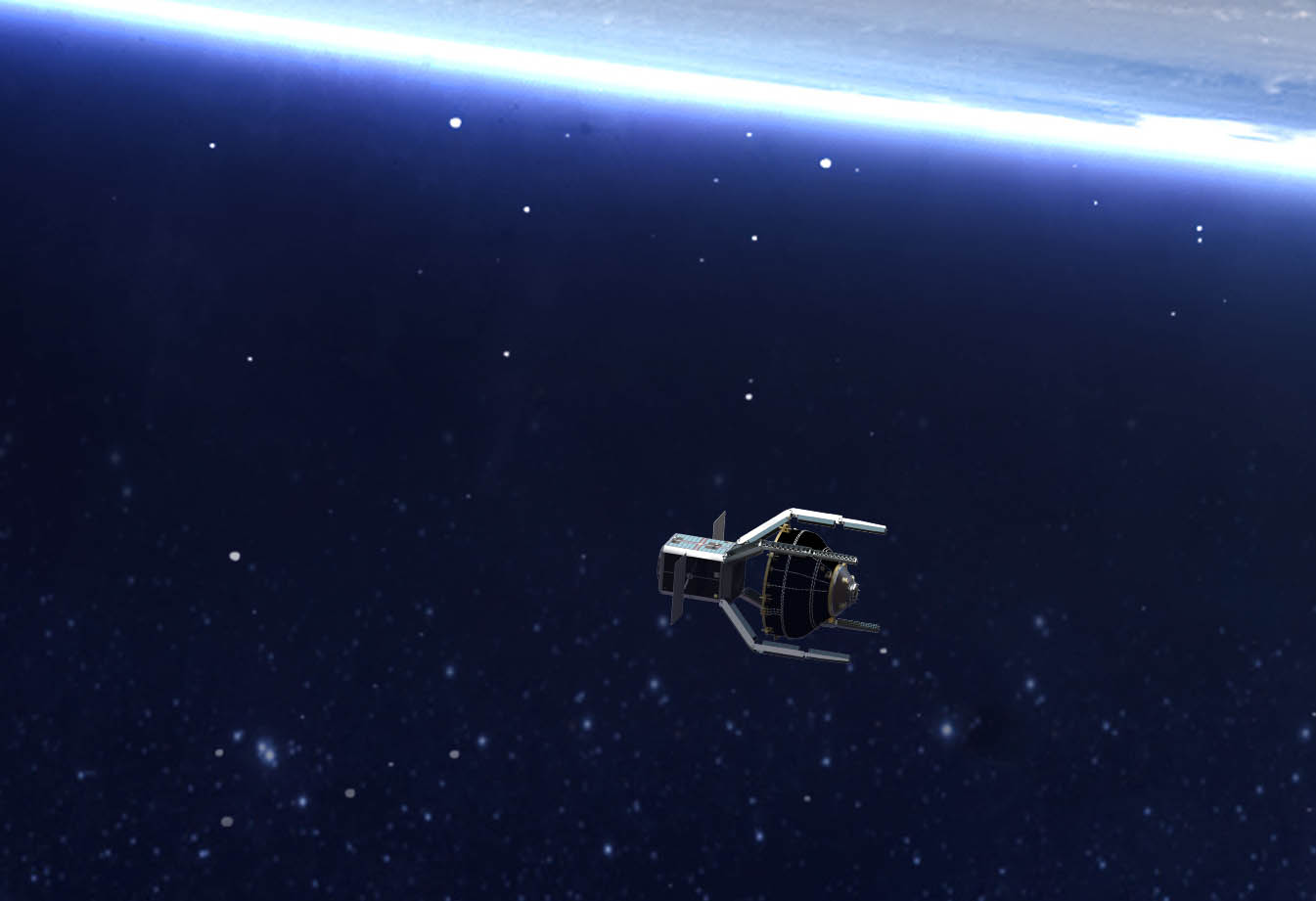
Europe Is Launching a Suicide Robot to 'Hug' Space Trash Out of Orbit
By Brandon Specktor published
The ESA has announced a mission to launch a four-armed robot to grab a single piece of space junk and drag it into the atmosphere.
Get the Space.com Newsletter
Breaking space news, the latest updates on rocket launches, skywatching events and more!
